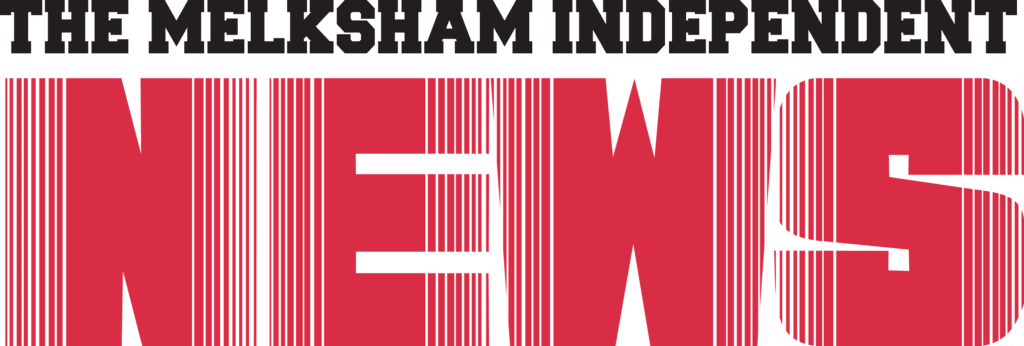THE Westbury and District U3A group recently heard a talk by one of their members about a variety of different garden birds.
The talk was given by Chris Johnson, who is a former chair of the Wiltshire Ornithological Society.
The group report, “Chris gave an interesting and informative talk on garden birds, as summarised below.
“Robins are one of few birds that sing all year. Red breasts announce they aren’t to be messed with! Blackbirds defend their territory with song, and they have large eyes to see in poor light. Both sexes can be aggressive and there are few broods each year, with no nest boxes required.
“Song thrushes prefer wooded areas, and they eat snails by bashing shells on hard surfaces, but they prefer earthworms. House sparrows have no specific song, just chirruping. They are social and nest in colonies. They are red-listed, and they used to breed and nest under eaves, of which there are far fewer now, along with pollution and less insect food for young. The adults eat seeds.
“Dunnocks used to be called hedge sparrows. Their song sounds like a rusty bicycle and they’re not monogamous! Fathers will help if they know babies are theirs. Starlings – the resident ones are red-listed; prefer leatherjackets, which are less available due to paved gardens/fake grass. They travel and look for food in mobs. Murmurations are made up of starlings from overseas.
“The great tit sings January through March, with up to 70 variations of “teacher” sound. No territory most of the year and they search for food in flocks. Blue tits prefer oak woods and they time broods to coincide with oak moth caterpillars to feed young. They have one brood of up to 14.
“Coal tits prefer conifers and build food caches. Long-tailed tits aren’t really a tit – they build beautiful, soft, domed nests. They travel in family groups, and they help each other with broods. They snuggle together for warmth.
“Bullfinches have a squeaky song that is rarely heard and they pair for life whilst not being territorial. Greenfinches love black sunflower seeds. Dead flower seed-heads are great for birds! Please do not cut hedges with live nests in them and stop using insecticides in gardens.”















